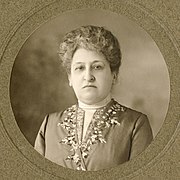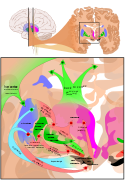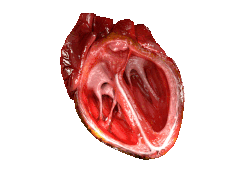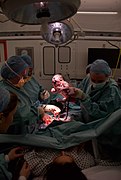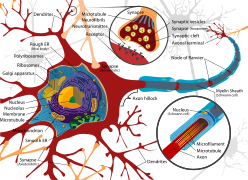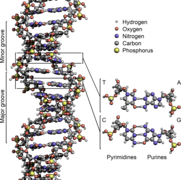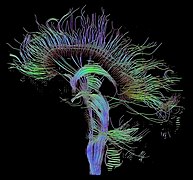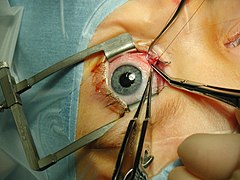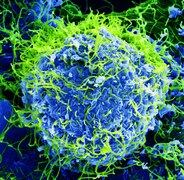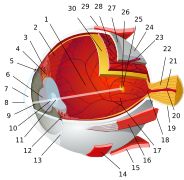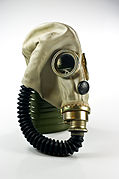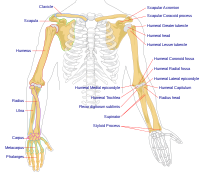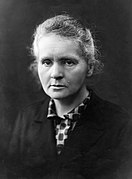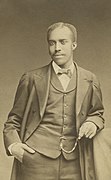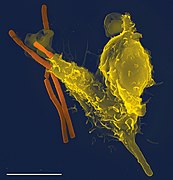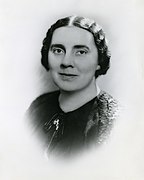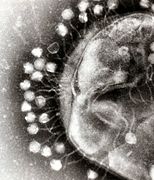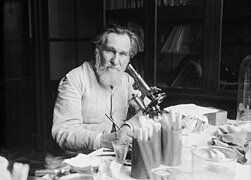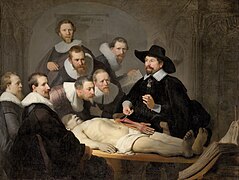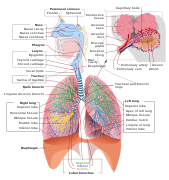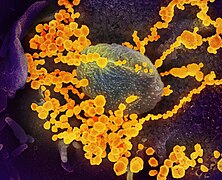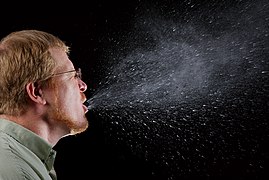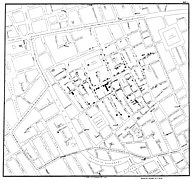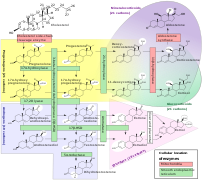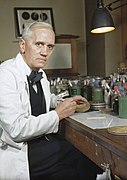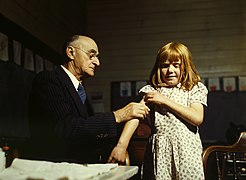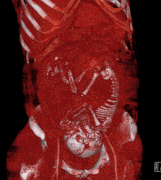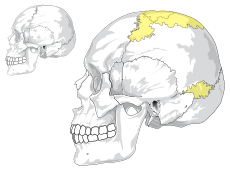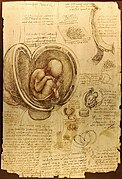Portal:Medicine
The Medicine Portal

Medicine is the science and practice of caring for patients, managing the diagnosis, prognosis, prevention, treatment, palliation of their injury or disease, and promoting their health. Medicine encompasses a variety of health care practices evolved to maintain and restore health by the prevention and treatment of illness. Contemporary medicine applies biomedical sciences, biomedical research, genetics, and medical technology to diagnose, treat, and prevent injury and disease, typically through pharmaceuticals or surgery, but also through therapies as diverse as psychotherapy, external splints and traction, medical devices, biologics, and ionizing radiation, amongst others.
Medicine has been practiced since prehistoric times, and for most of this time it was an art (an area of creativity and skill), frequently having connections to the religious and philosophical beliefs of local culture. For example, a medicine man would apply herbs and say prayers for healing, or an ancient philosopher and physician would apply bloodletting according to the theories of humorism. In recent centuries, since the advent of modern science, most medicine has become a combination of art and science (both basic and applied, under the umbrella of medical science). For example, while stitching technique for sutures is an art learned through practice, knowledge of what happens at the cellular and molecular level in the tissues being stitched arises through science.
Prescientific forms of medicine, now known as traditional medicine or folk medicine, remain commonly used in the absence of scientific medicine and are thus called alternative medicine. Alternative treatments outside of scientific medicine with ethical, safety and efficacy concerns are termed quackery. (Full article...)
Selected image –
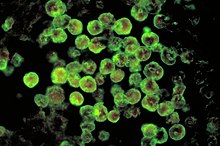
Photo credit: [1]
WikiProject

Get involved by joining WikiProject Medicine. We discuss collaborations and all manner of issues on our talk page.
Related portals
Did you know –
- ...that the 47,XXY karyotype produces Klinefelter's syndrome, while 45,X causes Turner syndrome?
- ...that during the "Age of Heroic Medicine" (1780-1850), educated professional physicians aggressively practiced "heroic medicine", including bloodletting (venesection), intestinal purging (calomel), vomiting (tartar emetic), profuse sweating (diaphoretics) and blistering? These medical treatments were well-intentioned, and often well-accepted by the medical community, but were actually harmful to the patient.
- ...thalidomide is a drug that was sold during the late 1950s and 1960s to pregnant women as an antiemetic? It was later found to be teratogenic, causing amelia and phocomelia. However, it is still used for other indications such as for leprosy and multiple myeloma, with close regulation through the System for Thalidomide Education and Prescribing Safety (STEPS) program.
General images –
More Did you know (auto generated)

- ... that Tang Zonghai was one of the first advocates for the integration of Chinese and Western medicine?
- ... that the Anglo-Saxons may have used a mixture of garlic, another Allium, wine, and bovine bile as an eye medicine?
- ... that fourteenth-century Buddhist monk Tuệ Tĩnh is referred to as a founding father of traditional Vietnamese medicine?
- ... that the Noongar used the Eucalyptus wandoo tree as a medicine and ointment?
- ... that Margaret C. Roberts was encouraged to study medicine by LDS Church leader Brigham Young to reduce mortality rates during childbirth?
- ... that a lack of screening for pregnant women with syphilis in sub-Saharan Africa is associated with increased infant mortality?
Topics
Categories
Recognized content
Associated Wikimedia
The following Wikimedia Foundation sister projects provide more on this subject:
-
Commons
Free media repository -
Wikibooks
Free textbooks and manuals -
Wikidata
Free knowledge base -
Wikinews
Free-content news -
Wikiquote
Collection of quotations -
Wikisource
Free-content library -
Wikiversity
Free learning tools -
Wiktionary
Dictionary and thesaurus
Cite error: There are <ref group=lower-alpha> tags or {{efn}} templates on this page, but the references will not show without a {{reflist|group=lower-alpha}} template or {{notelist}} template (see the help page).








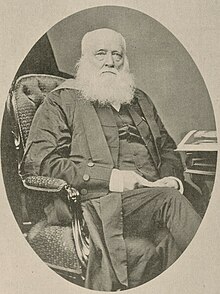

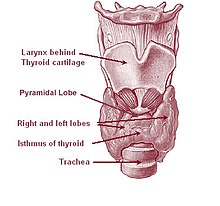

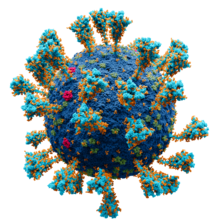











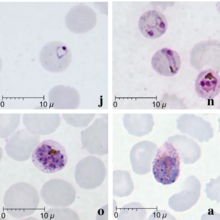










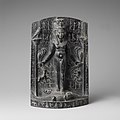
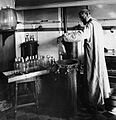












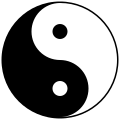


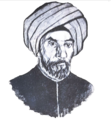






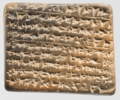
![Image 36Global concentrations of health care resources, as depicted by the number of physicians per 10,000 individuals, by country. Data is sourced from a World Health Statistics 2010, a WHO report.[needs update] (from Health care)](http://upload.wikimedia.org/wikipedia/commons/thumb/1/1f/Global_physician_density_map_-_WHO_2010.png/120px-Global_physician_density_map_-_WHO_2010.png)




























